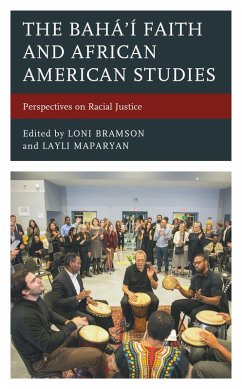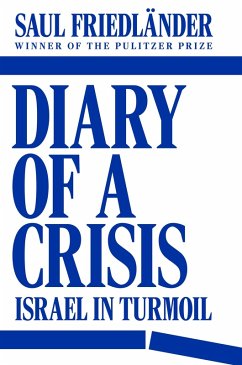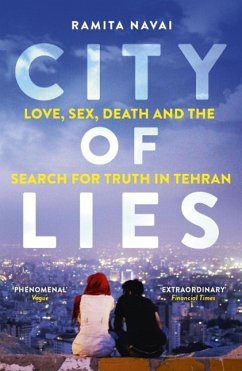
175 Years of Persecution (eBook, ePUB)
A History of the Babis & Baha'is of Iran

PAYBACK Punkte
0 °P sammeln!
For almost two centuries, followers of the Baha'i faith, Iran's largest religious minority, have been persecuted by the state. They have been made scapegoats for the nation's ills, branded enemies of Islam and denounced as foreign agents. Since the Islamic Revolution of 1979 Baha'is have been barred from entering the nation's universities, more than two hundred have been executed, and hundreds more imprisoned and tortured.Now, however, Iran is at a turning point. A new generation has begun to question how the Baha'is have been portrayed by the government and the clergy, and called for them to ...
For almost two centuries, followers of the Baha'i faith, Iran's largest religious minority, have been persecuted by the state. They have been made scapegoats for the nation's ills, branded enemies of Islam and denounced as foreign agents. Since the Islamic Revolution of 1979 Baha'is have been barred from entering the nation's universities, more than two hundred have been executed, and hundreds more imprisoned and tortured.
Now, however, Iran is at a turning point. A new generation has begun to question how the Baha'is have been portrayed by the government and the clergy, and called for them to be given equal rights as fellow citizens. In documenting, for the first time, the plight of this religious community in Iran since its inception, Fereydun Vahman also reveals the greater plight of a nation aspiring to develop a modern identity built on respect for diversity rather than hatred and self-deception.
Now, however, Iran is at a turning point. A new generation has begun to question how the Baha'is have been portrayed by the government and the clergy, and called for them to be given equal rights as fellow citizens. In documenting, for the first time, the plight of this religious community in Iran since its inception, Fereydun Vahman also reveals the greater plight of a nation aspiring to develop a modern identity built on respect for diversity rather than hatred and self-deception.
Dieser Download kann aus rechtlichen Gründen nur mit Rechnungsadresse in A, B, BG, CY, CZ, D, DK, EW, E, FIN, F, GR, HR, H, I, LT, L, LR, M, NL, PL, P, R, S, SLO, SK ausgeliefert werden.













